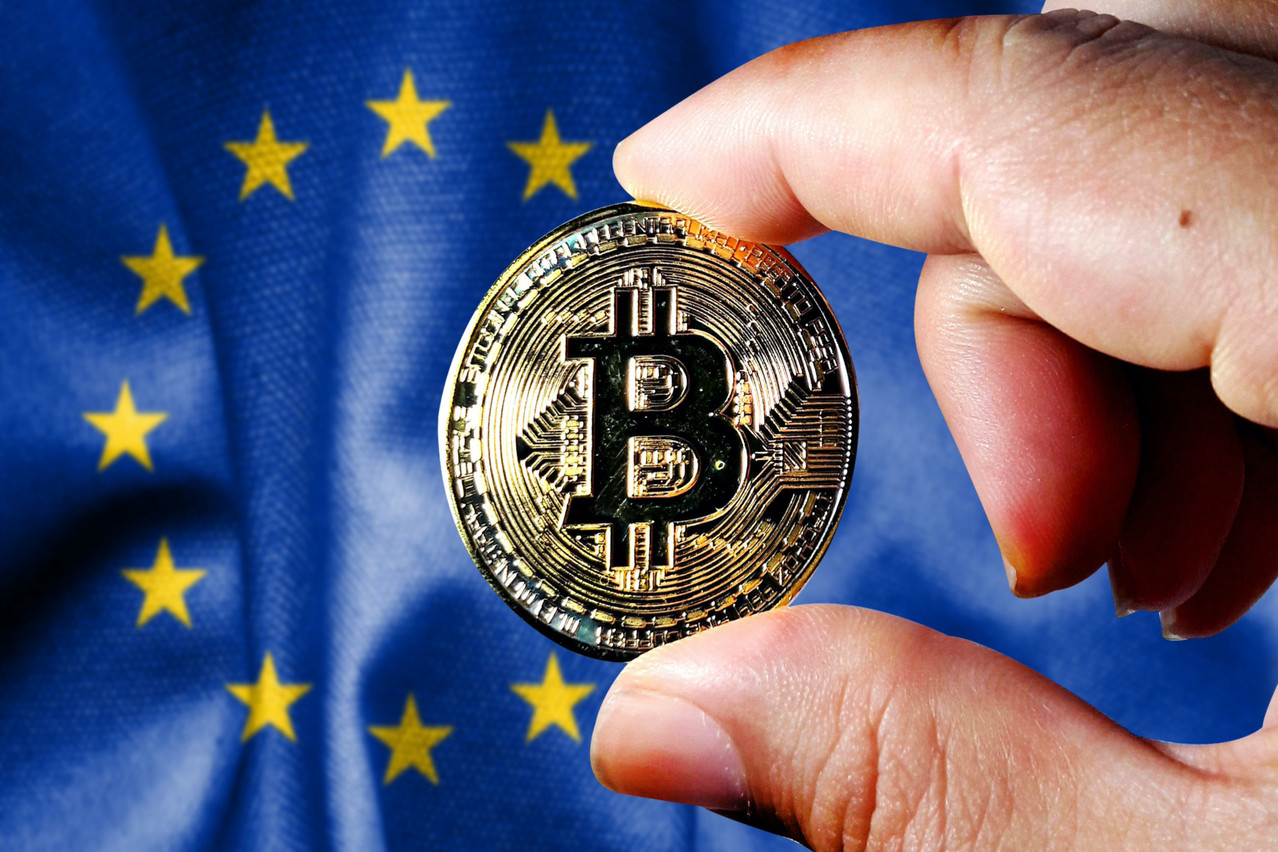“I think that after weeks of discussions with representatives of the European Parliament, we will have done a good job of making sure that we don’t lose the huge opportunities that cryptos represent for Europe. Otherwise, at the end of the day, your money would be held in the US or China, which would be a problem,” said CoinHouse CEO Nicolas Louvet at ICT Spring on Thursday.
Later that same day, the European Parliament announced a provisional agreement with the European Council on legislation on the tracing of these cryptos. According to an parliament document , here are the important points:
- The travel rule, known to the financial world, is extended to the crypto sphere. In other words, information about the origin of the funds and the recipient must be stored on both sides of the transfer. Service providers will have to provide this information in the context of investigations for money laundering or terrorist financing.
- There will be no minimum transaction threshold or exemptions.
- If the recipient of a transfer cannot guarantee the confidentiality of personal data (name and address), this data will not have to be sent to them.
- Suppliers will have to check that the source of the asset is not subject to restrictive measures or sanctions, and that there are no money laundering or terrorist financing risks.
- Authorities will set up a register of service providers that do not comply with EU rules or are unsupervised and regulated service providers will be prohibited from trading with them.
- The scheme also applies to wallets managed directly by an individual (as opposed to those managed via BitFlyer, Binance and the like) as long as they interact with a regulated player.
- From €1,000 of transfer value, the regulated actor must verify whether the individual owns or controls the portfolio.
- The system does not apply to person-to-person exchanges.
Package to protect consumers
Two hours later, as the French presidency of the Council of the European Union came to an end, the council also announced a provisional agreement on the markets in crypto-assets (MiCa) package, which should regulate the world of crypto-assets. Again, here are the main points:
- Crypto-asset service providers will have to meet strict requirements to protect consumers’ wallets and become liable in case of loss of investors’ crypto-assets. MiCA will also cover any type of market abuse related to any type of transaction or service, including for market manipulation and insider trading.
- Crypto-asset market players will be required to report information on their environmental and climate footprint. Within two years, the European Commission will publish an impact assessment of all protocols, including proof of work.
- MiCA will require stablecoin issuers to build up a sufficiently liquid reserve, with a ratio of 1:1 and partly in the form of deposits. Each so-called stablecoin holder will be offered a claim at any time and free of charge by the issuer, and the rules governing the operation of the reserve will also provide for adequate minimum liquidity. In addition, all so-called stablecoins will be supervised by the European Banking Authority (EBA), with the issuer’s presence in the EU being a precondition for any issuance.
- Crypto asset service providers (CASPs) will need a licence to operate in the EU, which national regulators will have to issue within three months.
- Non-fungible tokens (NFTs), i.e. digital assets representing real objects such as art, music and videos, will be excluded from the scope, unless they fall under existing categories of crypto-assets. The European Commission has 18 months to conduct a full assessment.
The agreement comes amid a growing controversy on the other side of the Atlantic: the largest US exchange, CoinBase, has reportedly sold a transaction tracking tool to US immigration authorities that goes far beyond tracking transactions to allow geographic tracing of those conducting transactions.
This article is taken from the weekly newsletter Paperjam Trendin', the place to be for news on innovation and new technologies. You can subscribe to it
This story was first published in French on . It has been translated and edited for Delano.
